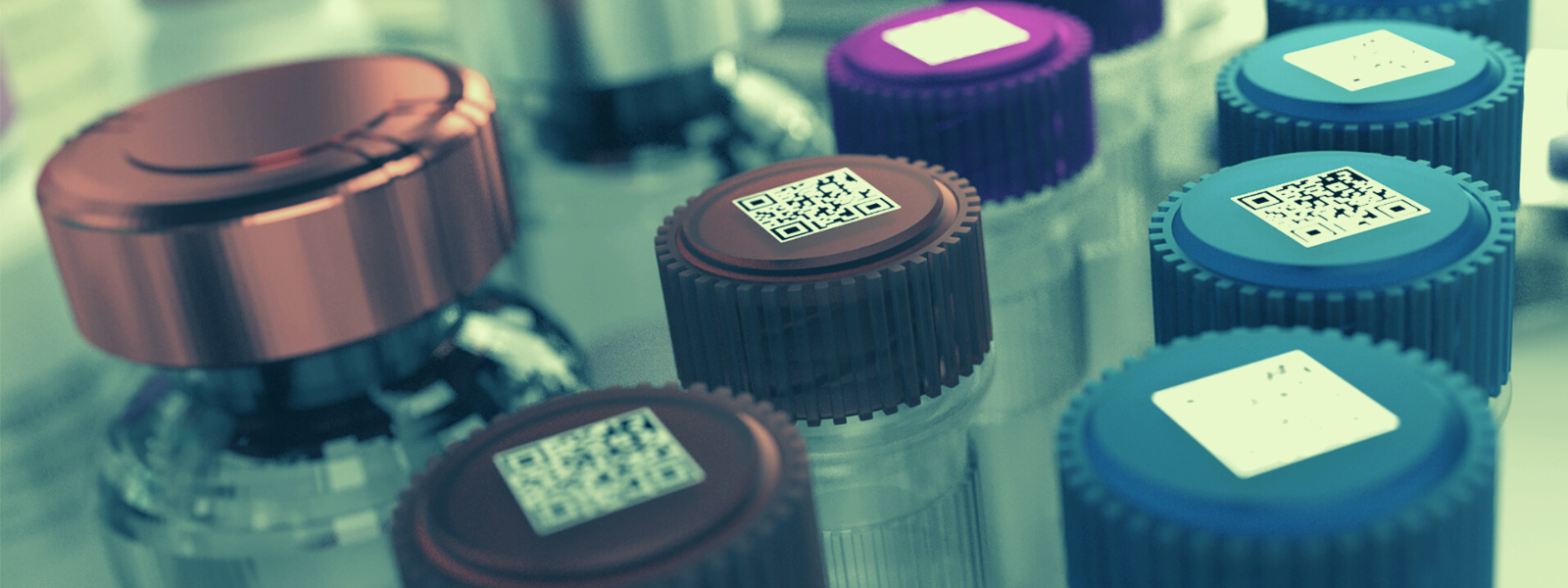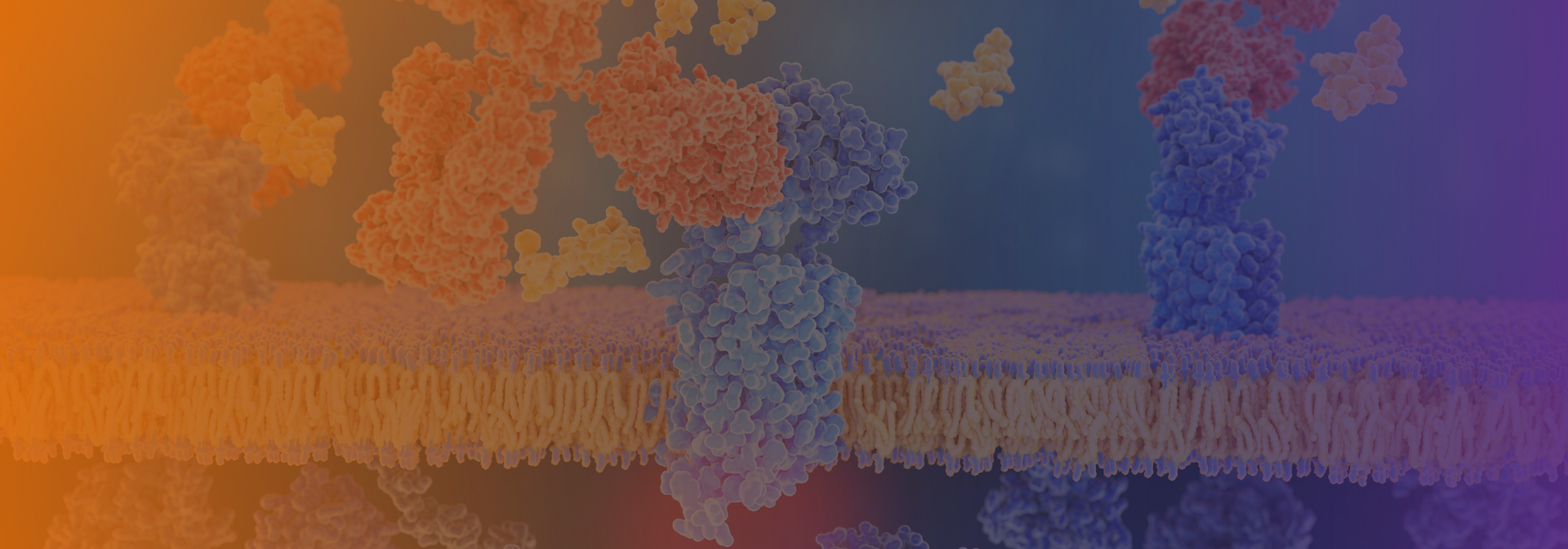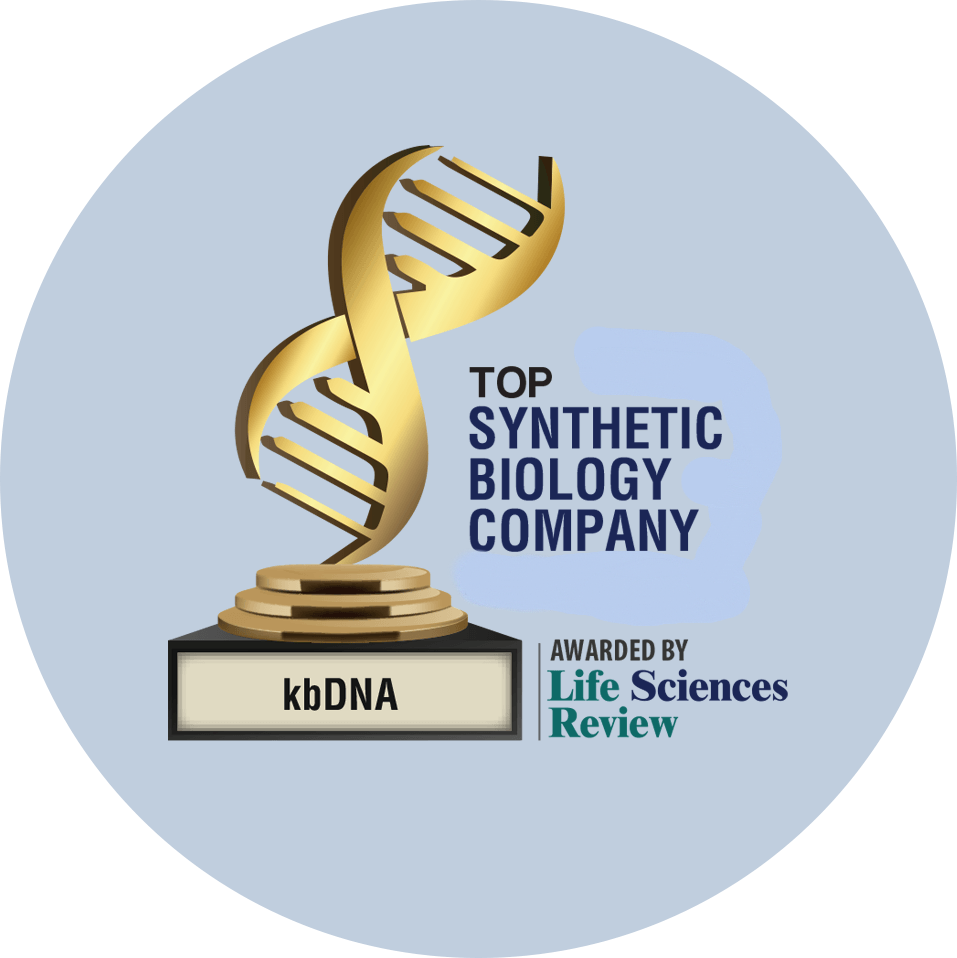Enhancing Discovery Stage Research: The Importance of Research-Grade Reagents
Research-Grade Reagents - Introduction
In the dynamic field of life sciences research, the accuracy and reliability of experimental results are paramount. To achieve breakthroughs in the discovery stage of therapeutics, researchers must rely on high-quality tools and reagents. This article explores the significance of research-grade reagents in facilitating robust research outcomes

What is a Research-Grade Reagent?
A research-grade reagent is a meticulously crafted substance used in scientific experiments to drive accurate and consistent results. These reagents act as essential components in assays, experiments, and analyses within the life sciences domain.
Understanding "Research-Grade": RUOs, ASRs, and More
The term "research-grade" encompasses various classifications, such as Research Use Only (RUO) and Analytical Specific Reagents (ASRs). These designations signify the intended use, limitations, and validation of the reagent. Understanding these classifications helps researchers choose the right reagents for their specific needs.
The Crucial Role of Reagent Quality Control (QC)
Reagent QC involves a rigorous set of tests to ensure the reagent's performance, consistency, and safety. The highest form of QC validation involves third-party verification, where an independent organization confirms the reagent's quality, providing researchers with an additional layer of confidence.
Differentiating Reagents and Bioreagents
Reagents play a critical role in experimental setups, but there's a distinction between traditional reagents and bioreagents. While reagents encompass a broad range of chemicals used in various experiments, bioreagents are specialized substances derived from biological sources. This specificity allows bioreagents to interact accurately with complex biological samples, ensuring precision and reliability in research outcomes. Nucleotides (DNA/RNA), Proteins, Antibodies, and Enzymes are examples of bioreagents.
Key QC and Material Parameters for RUO Bioreagents
When assessing the quality of RUO bioreagents, tailoring these key parameters offers significant advantages to researchers:
- Analyte/Gene of Interest: Tailoring ensures precise targeting for accurate results. By designing the reagent to interact only with the desired analyte or gene, researchers achieve specificity, reducing background noise and increasing the precision of outcomes.
- Host/Immunogen: Customization guarantees compatibility with target species or samples. Selecting a host and immunogen that effectively recognize and interact with the biological material being studied enhances reliability and minimizes cross-reactivity.
- Reactivity: Specificity is enhanced, minimizing non-specific interactions. By ensuring that the reagent binds only to the desired targets, researchers can confidently attribute observed effects to the intended molecules, reducing false positives and improving data reliability.
- Concentration: Optimal levels prevent wastage and ensure reliable quantification. Customizable concentration provides researchers with the appropriate amount of reagent, avoiding signal weakness or excessive background noise.
- Purity (1-100%): High purity eliminates contaminants and enhances reliability. Tailoring purity ensures that the reagent contributes only to the intended effects of the experiment, minimizing potential sources of variability and error.
- Endotoxicity (measured in EU or mg/mL): Low endotoxicity avoids unintended effects. By minimizing the potential for immune responses, researchers confidently attribute observed responses to experimental conditions, not reagent-induced effects.
- Reagent Formulation (Quantity, buffer, additives, pH, Format): Tailored formulation matches the experimental setup for optimized results. Customizing quantity, buffer, additives, pH, and format ensures the reagent's compatibility with the experimental system, reducing errors and enhancing the reliability of results
The Limitations of Generic Off-the-Shelf Reagents
While generic reagents might be suitable for some applications, they often lack the precision required for the intricate demands of discovery stage research. Tailored research-grade reagents offer a higher level of specificity, sensitivity, and reproducibility, reducing the risk of false positives and unreliable data. kbDNA understands that precision matters, which is why our custom-tailored bio-reagents are meticulously crafted to match your experiment's exact requirements. Contact us for high-quality research-grade reagents today!

Adding Value through Custom Reagents
Unlike generic reagents, our company, kbDNA, specializes in providing custom research-grade reagents . This tailored approach ensures that researchers receive reagents that precisely match their experimental requirements, enhancing the accuracy and reliability of their results.
Advantages of Tailoring Reagent QC Parameters
Customizing reagent QC parameters offers several advantages to researchers:
- Precision: Tailored parameters increase specificity, reducing false positives and enhancing the accuracy of results. By designing the reagent to interact only with the desired analyte or gene, researchers achieve specificity, reducing background noise and increasing the precision of outcomes.
- Compatibility: Customization ensures that the reagent interacts optimally with the experimental system, improving reliability. Selecting a host and immunogen that effectively recognize and interact with the biological material being studied enhances reliability and minimizes cross-reactivity.
- Minimized Interference: Tailoring prevents unintended interactions or influences from non-target molecules, reducing experimental noise. By ensuring that the reagent binds only to the desired targets, researchers can confidently attribute observed effects to the intended molecules, reducing false positives and improving data reliability.
- Optimized Conditions: Custom parameters ensure that the reagent works optimally within the experimental context, improving data quality. Tailoring concentration ensures researchers have the appropriate amount of reagent to avoid signal weakness or excessive background noise.
- Time and Resource Efficiency: Tailored reagents reduce the need for trial and error in optimization, saving researchers time and resources. Customizable purity ensures that the reagent contributes only to the intended effects of the experiment, minimizing potential sources of variability and error.
By understanding and customizing these parameters, researchers can optimize their experiments, achieve more accurate and reliable results, and accelerate their progress in the discovery stage of therapeutics research. This is where kbDNA comes in, providing a transformative solution with our custom-tailored reagents.
In the realm of discovery stage therapeutics research, precision, and reliability are non-negotiable. research-grade reagents empower researchers to delve deeper into their studies, confident in the accuracy of their findings.
Ready to Elevate Your Research with Precision? Contact kbDNA Today!
At kbDNA, we understand that your research demands accuracy, reliability, and tailor-made solutions. Our expertise in providing bespoke research-grade reagents is here to empower your discovery stage endeavors. Whether it's specific analyte targeting, optimized reagent formulation, or enhanced compatibility, our custom solutions bring your research to the next level.
Unlock the true potential of your experiments by partnering with kbDNA. Let's collaborate in pushing the boundaries of discovery and innovation. Contact us now to discuss how our custom research-grade reagents can elevate your research outcomes.
Contact Us Today to Explore New Horizons with kbDNA.

kbDNA, INC.
125 Cambridgepark Dr.
Cambridge, MA 02140
Company
Contact Us
Phone:
+1 (781) 206-2235
Fax:
+1 (781) 206-2258
Email:
info@kbDNA.com
Useful Links
The kbDNA Inc. Quality Management Network is certified as conforming to ISO 9001:2015 standard. Request Certificate











